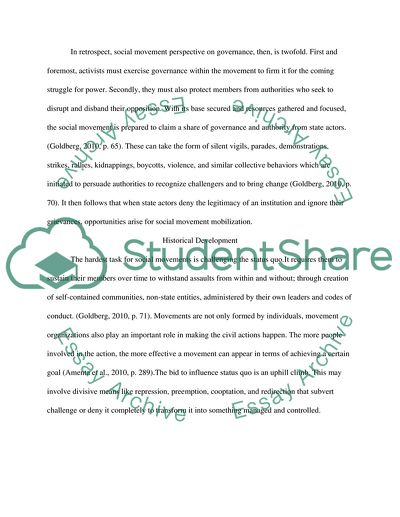Cite this document
(The Learning of the Local Economic and Political Environment by Research Paper - 1, n.d.)
The Learning of the Local Economic and Political Environment by Research Paper - 1. Retrieved from https://studentshare.org/politics/1794251-power-and-social-movements-change-and-continuity
The Learning of the Local Economic and Political Environment by Research Paper - 1. Retrieved from https://studentshare.org/politics/1794251-power-and-social-movements-change-and-continuity
(The Learning of the Local Economic and Political Environment by Research Paper - 1)
The Learning of the Local Economic and Political Environment by Research Paper - 1. https://studentshare.org/politics/1794251-power-and-social-movements-change-and-continuity.
The Learning of the Local Economic and Political Environment by Research Paper - 1. https://studentshare.org/politics/1794251-power-and-social-movements-change-and-continuity.
“The Learning of the Local Economic and Political Environment by Research Paper - 1”, n.d. https://studentshare.org/politics/1794251-power-and-social-movements-change-and-continuity.


